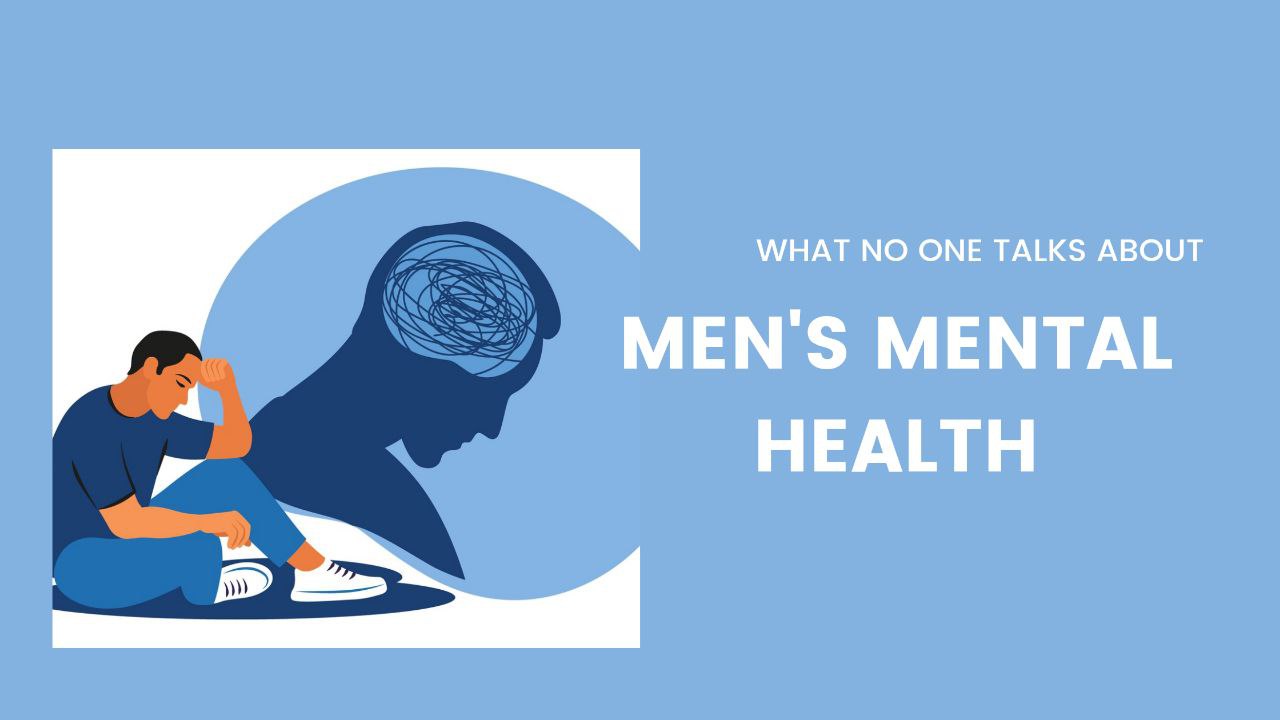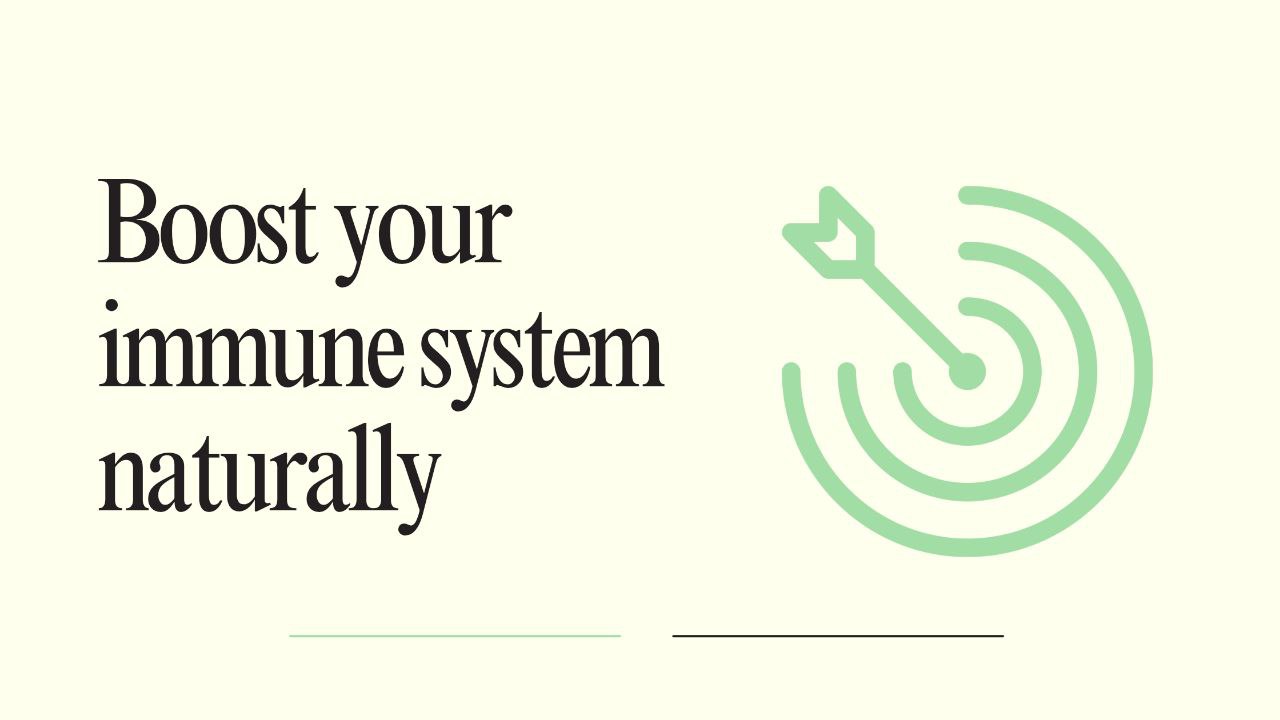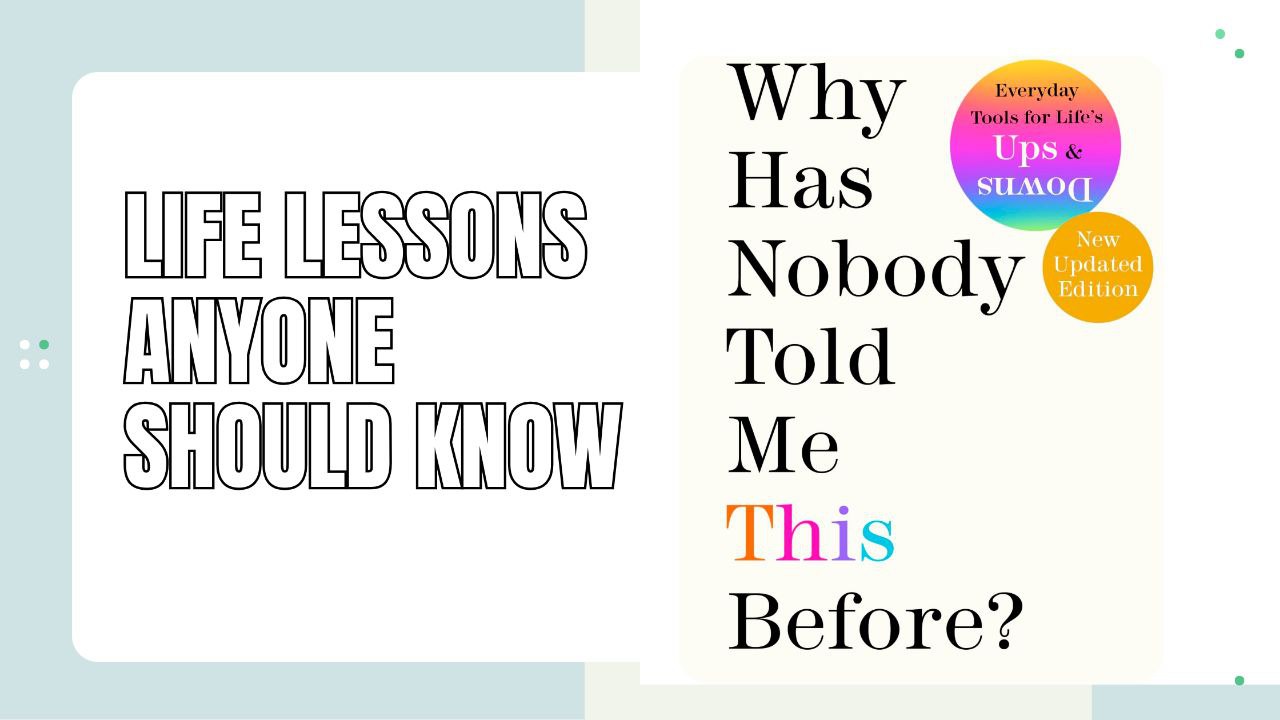Understanding the Psychology of Craving can help us gain control over these urges and develop a healthier relationship with food. Have you ever craved chocolate, chips, or ice cream even though you weren’t actually hungry? Food cravings are a universal experience, but they aren’t just about physical hunger. Instead, they are deeply rooted in emotions, habits, and brain chemistry.
Understanding the Psychology of Craving and Food Choices
Food cravings aren’t random; they are influenced by biological, psychological, and environmental factors. Let’s explore the reasons behind them.
1. How Dopamine Influences Cravings
The brain’s reward system plays a major role in cravings. When we eat high-sugar or high-fat foods, our brain releases dopamine, a neurotransmitter that creates feelings of pleasure and satisfaction. Over time, the brain associates certain foods with happiness, making us crave them—even when we’re not hungry.
2. Emotional Eating: The Role of Stress and Boredom
Emotions are one of the biggest triggers of food cravings. When we’re stressed, sad, or bored, we often turn to food for comfort.
Stress & Anxiety: High stress levels increase cortisol, a hormone that heightens appetite and triggers cravings for calorie-dense foods.
Boredom: Eating provides a distraction from boredom, creating an automatic habit of reaching for snacks.
Sadness: Sugary and high-carb foods temporarily boost serotonin, improving mood—leading us to crave them when we’re feeling low.
3. Are Nutrient Deficiencies Driving Your Cravings?
A common belief is that cravings signal nutrient deficiencies. While there’s some truth to this, most cravings are psychological rather than biological. However, certain nutrient imbalances can influence cravings:
Chocolate Cravings → Magnesium Deficiency
Salty Food Cravings → Dehydration or Mineral Deficiency
Meat Cravings → Iron or Protein Deficiency
Still, cravings are more often driven by emotions and habits rather than the body’s actual needs.
How Habits and Environment Shape Cravings
1. The Power of Conditioned Eating Responses
Our brain forms associations between specific situations and food. For example:
- Always eating popcorn while watching movies creates an automatic craving during movie time.
- Having dessert after every meal makes it feel necessary, even when full.
These conditioned responses can lead to cravings even in the absence of hunger.
2. Why Seeing Food Triggers Cravings
Visual and sensory cues can trigger cravings. Just seeing a bakery or smelling coffee can make us crave food—even if we weren’t thinking about it before. Marketing and advertisements also exploit this by making food look irresistible.
Effective Ways to Control the Psychology of Craving
Understanding the Psychology of Craving is the first step toward managing it. Here are practical strategies to control unnecessary food urges.
1. Identifying Emotional and Psychological Triggers
Next time you experience a craving, ask yourself:
- Am I really hungry, or is this emotional eating?
- What emotion am I feeling right now?
- What was I doing before this craving started?
Recognizing triggers can help you break the habit of mindless eating.
2. The 10-Minute Rule: Delay and Distract
Cravings are usually temporary. Before giving in, try waiting 10-15 minutes and distracting yourself with another activity like:
- Taking a short walk
- Listening to music
- Drinking a glass of water
Most cravings fade if you don’t act on them immediately.
3. Smart Food Swaps to Manage Cravings
Instead of cutting out cravings completely, opt for healthier alternatives:
- Craving chocolate? Try dark chocolate (70% cocoa or higher).
- Craving chips? Swap for air-popped popcorn or roasted nuts.
- Craving sugary snacks? Eat fresh fruit for natural sweetness.
4. How Stress Management Can Reduce Cravings
Since stress triggers cravings, managing it can reduce unnecessary eating. Effective methods include:
- Mindfulness & Meditation: Helps reduce emotional eating.
- Regular Exercise: Boosts endorphins, reducing stress-related cravings.
- Quality Sleep: Poor sleep disrupts hunger hormones, increasing cravings.
Conclusion:
Cravings are not just about food; they are deeply connected to emotions, habits, and brain chemistry. By understanding the Psychology of Craving, we can make conscious choices instead of letting our cravings control us.
Next time you experience a craving, pause and ask yourself: Is this real hunger, or is my brain playing tricks on me? With the right mindset and strategies, you can take control of your cravings and build healthier eating habits.







